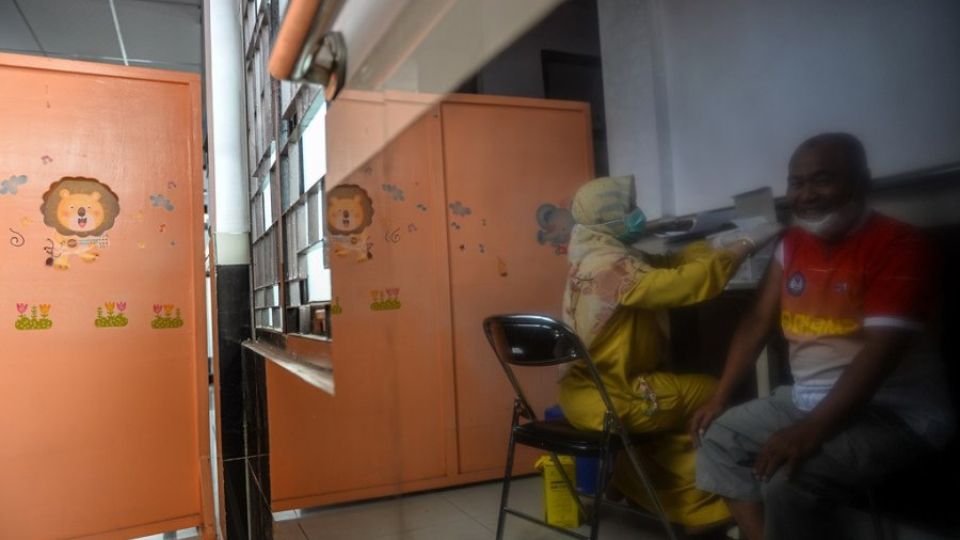JAKARTA (ANN/THE JAKARTA POST) – Beginning this year, COVID-19 vaccinations will be exclusive to vulnerable groups, with the general public required to pay for the jab, according to an announcement from the Indonesian Health Ministry.
Effective January 1, as per a Health Ministry regulation, free vaccination is limited to specific demographics, including the elderly, adults with comorbidities, health workers, pregnant women, and individuals with compromised immune conditions.
Beyond these categories, COVID-19 vaccination will be treated as an optional immunisation, akin to the flu shot, as conveyed by Health Ministry spokesperson Siti Nadia Tarmizi.
Prices for the vaccination will be determined by individual medical facilities rather than the government.
“The government will only set the amount of non-tax state revenue [PNBP] or the rate of the [health-based] public service body [BLU] in our e-catalogue,” Siti said recently, as quoted by kompas.com.
Until late last year, the COVID-19 vaccination was funded using a portion of the state budget earmarked for the mitigation of the pandemic.
But President Joko “Jokowi” Widodo lifted the national COVID-19 public health emergency status in June last year due to the low number of cases and deaths caused by the coronavirus disease.
The status change prompted the Health Ministry to issue a new regulation on COVID-19 mitigation, which included a provision on self-payment for treatment and vaccination against the disease.
The policy for self-paid COVID-19 vaccination has been condemned by experts and policymakers.
Dicky Budiman, epidemiologist at Griffith University, doubted that people would pay for the jabs out of their own pocket in medical facilities, considering that they were also still recovering from the post-pandemic economic impact.
The pandemic triggered several negative consequences for the country’s economy, with analysts stating that unemployment rose to its highest level in more than a decade to 9.2 percent, nearly 13 million people.
“Everywhere in the world, the COVID-19 vaccine is still free because the governments need to maintain the level of immunity,” Dicky said.
Studies show that the immunity against the SARS-CoV-2 virus that causes COVID-19, either through getting sick or immunisation, wanes over time. Clinical trials are being conducted to find out whether people will need booster doses annually or longer, according to the Australian Department of Health and Aged Care.
“If it’s like this, the government itself will lose its chance to maintain immunity levels,” Dicky continued.
The policy came at the wrong time as the country saw an increase in the number of COVID-19 confirmed cases in the last months of 2023, said deputy chair of House of Representatives Commission IX overseeing health Kurniasih Mufidayati of the Prosperous Justice Party (PKS).
Health authorities recorded an increase of COVID-19 cases across the country, which was largely blamed on the highly transmissible JN.1 subvariant. The Health Ministry confirmed at least 41 JN1 cases per late December, most of which were discovered in Jakarta and Batam, Riau Islands.
The JN1 subvariant, informally called “Pirola”, is a descendant of the Omicron lineage. It is thought to be behind the recent uptick of COVID-19 cases in several countries, including the United States and Singapore.
The World Health Organization (WHO) has classified the JN1 subvariant as a variant of interest (VOI), one level below variant of concern (VOC) on the health body’s classification system, referring to its relative prevalence compared with others “to suggest an emerging risk to global public health.”
However, the United Nations health body’s initial risk evaluation of JN 1 on December 19 rated the variant at “low” for overall risk to public health.
Members of the public also decried the paid vaccination policy, with 27-year-old Jakarta resident Ghina Ulfa Amaliah saying it would limit public access to the vaccine. She hoped that the price would be affordable.



